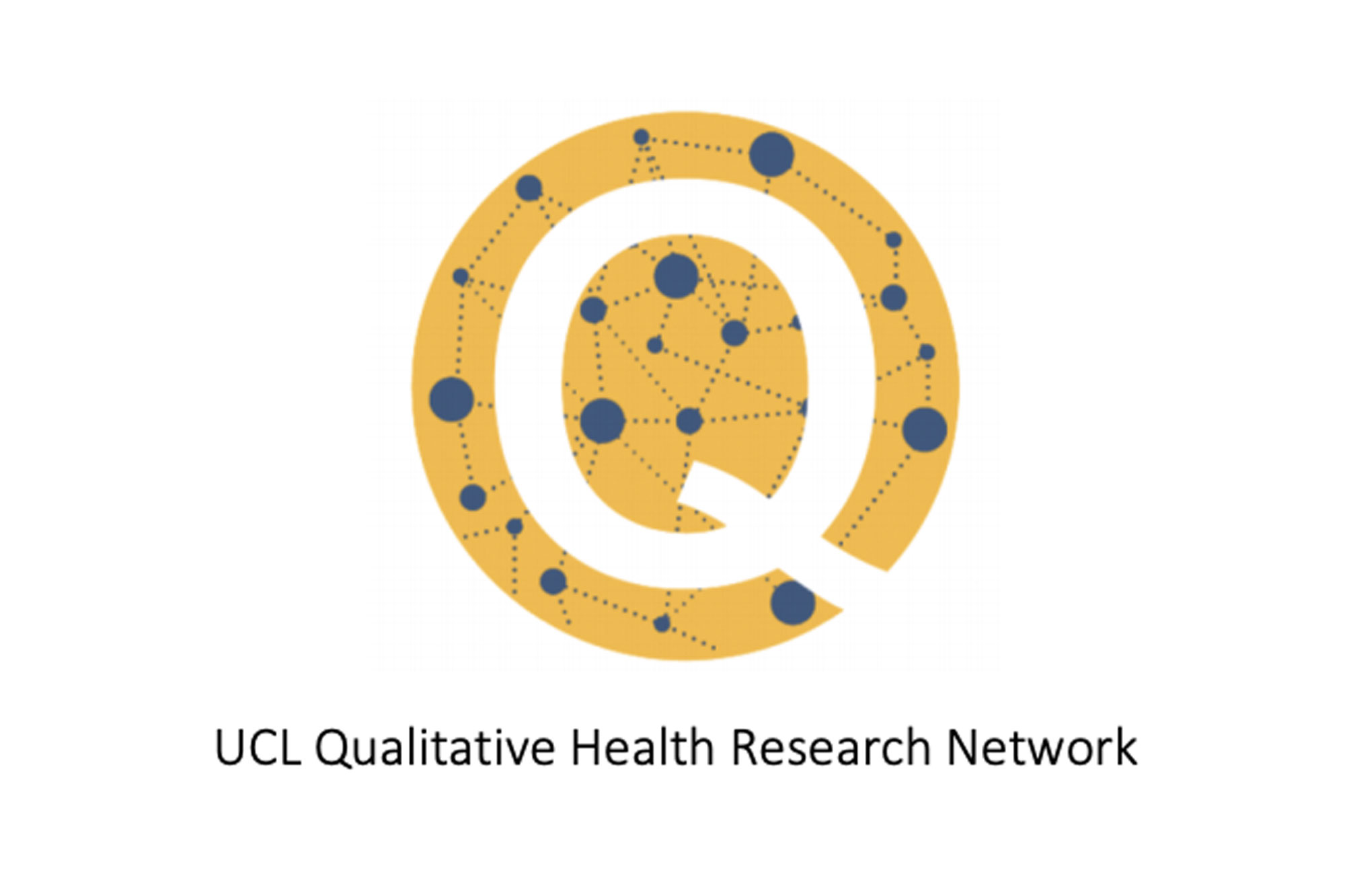Keira Pratt-Boyden and Laura Burke, fourth-year PhD candidates in Social Anthropology, were recently invited to participate in ‘Truth, Trust and Research in Health and Social Care’, a workshop hosted by the Qualitative Health Research Network (QHRN), UCL.
The call-out invited speakers to consider the issues of trust and truth in contemporary healthcare, specifically during the current crises related to ‘post-truth’, expertise, authority and public trust in healthcare that have arisen partly due to COVID-19 and concurrent debates about epistemic authority raised in the political sphere.
The workshop aimed to generate critical dialogue within current research in health and social care, inviting scholars to engage with truth and trust as analytic frameworks and develop methodological and theoretical approaches to examine them in relation to health. The workshop hosted 20 interdisciplinary researchers working across the fields of public health, social work, sociology and anthropology, and created a space for critical discussion in between panels via ‘breakout’ rooms.
At the virtual workshop, Keira presented on the theme of ‘Contesting Truth and Building Trust: How UK Mental Health Activists are Re-Imagining Mental Healthcare’, stemming from her research with ex-mental health service user/survivor activists in London. Her presentation focused on how activists frequently experience the denial of their personal truths and lived experiences through NHS ‘treatment as usual’, and how instead they build spaces of ‘moral repair’ and mutual support within the City of London which reject biomedical expertise, authority and ontological certainty.
During one of the breakout sessions, Keira engaged in a debate with attendees around the legitimacy of ‘alternative’ (non-mainstream) health narratives. Health researchers drawing from Western biomedical understandings often express concern over disseminating health knowledge which contradicts public health messages, or does not reflect common cultural understandings of health and illness. This is where anthropology and ethnography have important roles to play at this critical moment where debates about ‘truth’ and knowledge are rife in the public sphere. Debates about what counts as valid ‘knowledge’ reveal broader discourses about power and legitimacy. Keira’s presentation concluded that, in order to generate more ‘trust’ in healthcare, we need to find a place both for uncertainty and for dialogue about the destabilisation of biomedical authority and knowledge.
On another panel, Laura presented her paper based on her PhD research conducted in Timor-Leste. Laura investigates how life is being rebuilt in independent Timor-Leste, following a violent and destructive 24 year occupation by Indonesia. In particular, Laura’s research investigates the politics of ‘reproducing’ life as the country experiences a post-conflict population boom.
Laura’s presentation, ‘Trusting Contraceptives After Conflict’, described how negative narratives about contraception gave voice to people’s fear and distrust of biomedical birth control. She observed how distrust in forms of biomedical intervention are influenced by experiences of colonial intervention, violence and racism. Challenging these dominant regimes of power leads to struggles for authority over different forms of knowledge: biomedical, customary and embodied. Laura concluded that rebuilding trust in forms of healthcare, in this case contraception, requires acknowledging people’s fears and concerns rather than obscuring people’s concerns and replacing them with ‘new truths’. She called for a deeper conversation about people’s experiences, past and present, to understand where distrust originates and why different claims of ‘truth’ clash.
Laura finished by reflecting on how rebuilding trust in healthcare after conflict requires challenging former dominant regimes of power. In a similar vein, as people have questioned the legitimacy of statistics and figures during the corona pandemic, acknowledging people’s experiences and championing them as a legitimate form of knowledge could be a way of building trust in healthcare after crisis.
Laura and Keira now plan to expand their presentations into papers for the future QHRN conference next year and their PhD projects.

